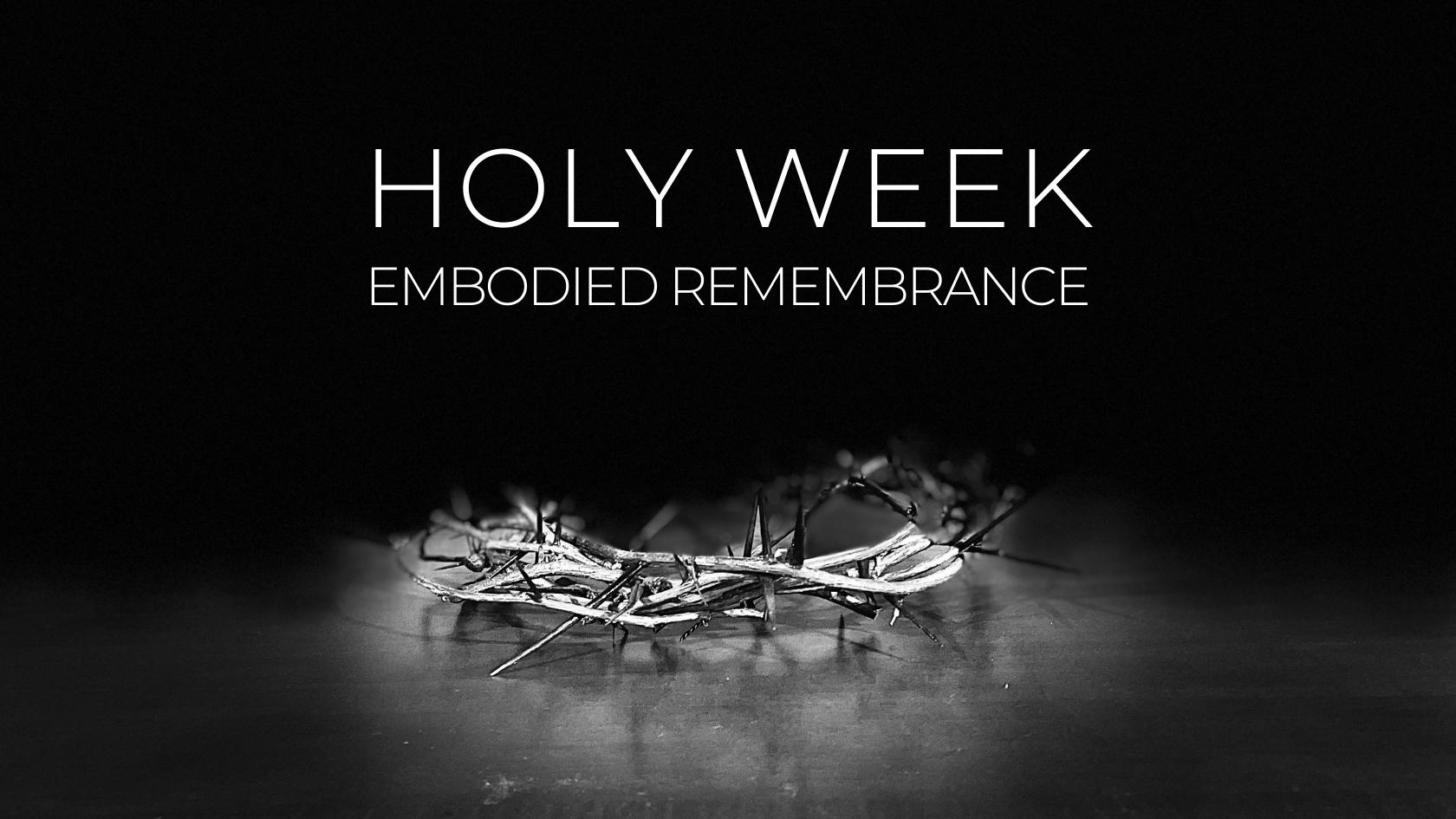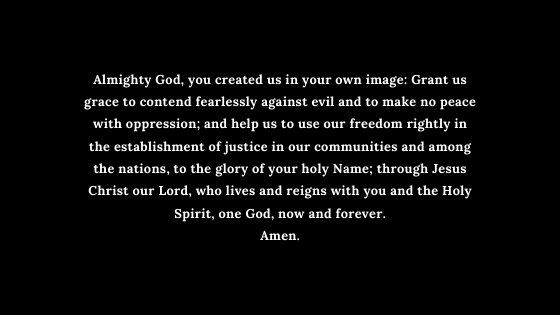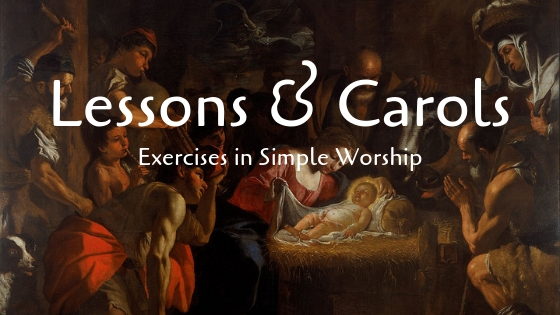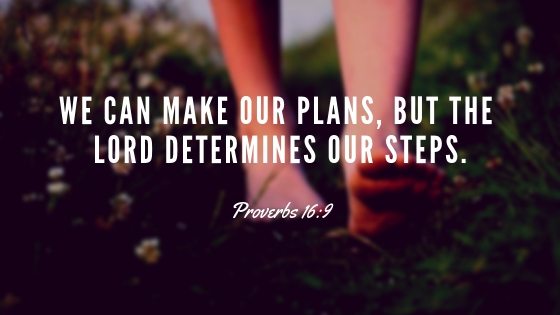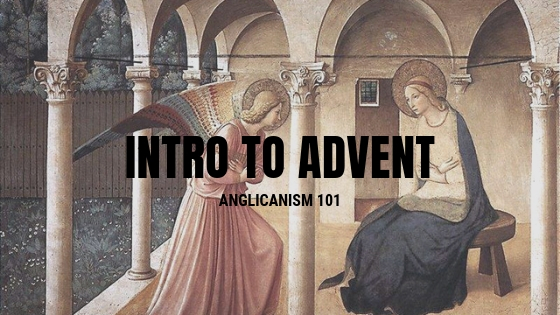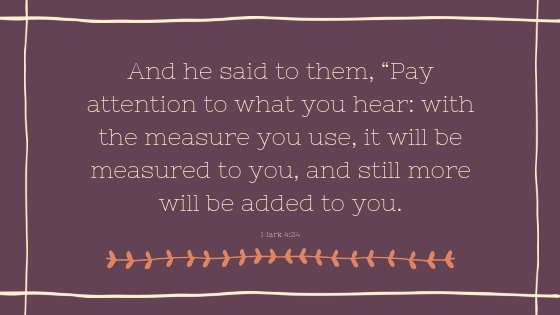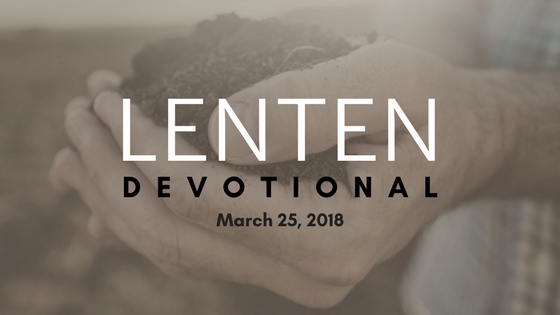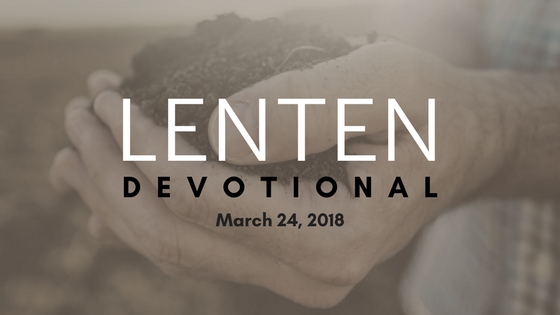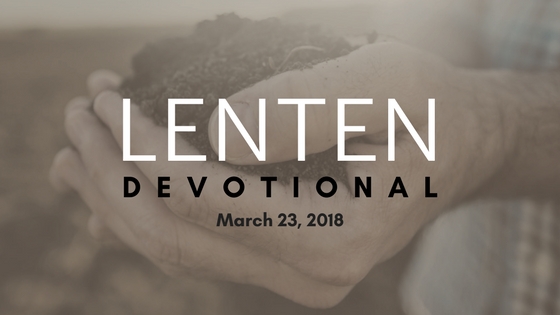Holy Week: A History
In the earliest records we have of the Church, there weren’t any uniquely Christian feasts apart from the Sunday service. The baby Church was still trying to sort out what to believe, how to act (especially in regards to the Gentiles) and how to even have a service. The New Testament highlights a lot of the challenges experienced by the earliest believers, but essentially, for early Christians, every Friday was Good Friday and every Sunday was Easter. Over time, however, it seemed appropriate for there to be one special Sunday where the Church really leaned into celebrating the resurrection, so Easter was the first feast of the Christian calendar. And its tie to Passover is no accident. Jewish Christians continued to celebrate Passover, but understood that Jesus was the fulfillment of that feast. It made sense to celebrate Easter around the same time as Passover.
Holy Week came later and was born out of pilgrimages to the Holy Land. As Christianity spread throughout the Mediterranean, Asia, and Africa, believers would travel to the Holy Land for Easter and, naturally, wanted to see the places where Jesus had been. Maundy Thursday, Good Friday, and Holy Saturday began as a way for people to follow Jesus’s footsteps from the Last Supper to the resurrection. And of course, having had this amazing experience in the Holy Land, people took them back home and eventually the services became important markers in the week leading up to Easter.
So, let’s sum up: first, every Sunday was Easter; then the Church decided a special Sunday should be more Easter than every Sunday; people traveled to the Holy Land and walked the last week of Jesus’s life, then they brought home what they experienced and Holy Week (and the Triduum) was born out of their enthusiasm.
The Triduum: The Sacred Three Days
It’s always good to pause and make sure we’ve defined unfamiliar words. You may have heard of the Triduum before as it is discussed in the Book of Common Prayer, but if you haven’t, you may be interested to know that it is one service over three days. The Triduum begins with Maundy Thursday, continues with the Good Friday service, and ends with the Easter Vigil after sunset on Saturday or early Sunday morning.
In Holy Week we participate in the past. For Jews, remembrance is physical, not just a mental exercise. It’s the same for us in the Triduum. We’re not putting on a play, but we’re profoundly reminding ourselves of the death of our Lord and how inseparable His death is from His resurrection. Let’s dive into how we embody remembrance in our Maundy Thursday, Good Friday, and Holy Saturday services.
Maundy Thursday: A New Commandment
“A new commandment I give to you, that you love one another: just as I have loved you, you also are to love one another.” (John 13:34)
While celebrating the Passover with His disciples, Jesus washed their feet, sat down to table, and then began to give his last teachings, which included the verse above. We’ve likely all heard how washing feet was a servants’ job – or at least the job of the lowest ranking person present. Simon Peter couldn’t fathom the role reversal of having his Lord wash his feet. But Jesus insists, telling him that unless he is washed, he can’t be a part of Jesus’s Kingdom. Then Jesus tells all the disciples that they’re to do the same because they’re not above Him – and if He washed their feet, they should wash each other’s as an expression of love. So on Maundy Thursday we hold a foot washing service. It’s an uncomfortable time for some, which is why we always say, “all may, some should, none must,” meaning that it’s completely between you and the Lord what you do during that part of the service.
It may be this Maundy Thursday you realize you need your feet washed by someone who stands in for our Lord so that you can have a part with Him (John 13:12-16). Maybe you need to wash someone’s feet as a sign that you submit to your place as the Lord’s servant. Or maybe you need to just sit and appreciate the vibrant remembrance happening in front of you. All are ways to participate and recall that Jesus set the example of love for us.
While “Maundy” comes from the Latin word for commandment, the New Commandment isn’t the only remembrance happening this day. We read in Matthew, Mark and Luke that on this night, Jesus instituted the Lord’s Supper. Every Sunday we partake in the Perpetual Supper (the Eucharist), recalling Christ’s “blessed passion and precious death, his mighty resurrection and glorious ascension, and his promise to come again” (BCP 117). The Body and Blood of the New Covenant were given to us as the outward sign of a hidden reality. In the Eucharist we are abiding in Christ, fellowshipping with one another (and all the Church), and nourishing, strengthening, and refreshing our spiritual lives in Christ. The Eucharist sustains the life in Christ that we received at our Baptism, so remembering the night of its institution is appropriate.
Following Communion, the altar is stripped – another remembrance. In the stripping we acknowledge “the agony in the Garden of Gethsemane, and the betrayal leading to the crucifixion” (BCP 559). The altar is a symbol of Christ in our sanctuary. There are a few other symbols of Christ (the cross that leads the processional, the Gospel as it is being read, and of course the elements of the Eucharist itself), but on Maundy Thursday we close the service by focusing on the altar, the place where the sacrifice of Jesus is enacted each time we have Communion. Everything we use to consecrate the Eucharist is removed and in its place we set a crown of thorns. The moment is symbolically powerful as we remember why He wore that crown and then depart in silence.
Good Friday: Contemplating the Cross
The second part of the Triduum, the Good Friday service, begins in silence the same way Maundy Thursday ended. This is the most somber part of the Triduum as it follows the stripping of the altar. The day itself has traditionally been set apart for fasting, abstinence, and penitence.
On Good Friday, we acknowledge that Jesus’s death and resurrection cannot be separated. It’s not just about logic – that a person has to die in order to live again. God Almighty, a deity that cannot die, took on human flesh so that He could touch death and change it. We see from the Gospels that whatever Jesus touches is changed: sin and sickness cannot defile Him; He cleanses them. We don’t just pause on Good Friday to contemplate that death was necessary for resurrection (though we remember that unless a grain of wheat dies and is buried, it cannot produce life (John 12:24)). We pause because we also recognize that Jesus fundamentally changed death by touching it. And because of that change, we don’t grieve our sin without hope; a hope that is present in the way we pray during the Solemn Collects and in the Anthems near the end of the service. Focused contemplation of Christ’s death on the Cross, like fasting, helps us understand more completely the victory that we wait to celebrate on Sunday.
And speaking of fasting, on Good Friday we contemplate why Jesus died and we may mourn our part in His death with fasting. Fasting plays a myriad of roles in the life of a believer. First, it gets us off autopilot. Even if we’ve spent all of Lent fasting from something, chances are that we’ve learned to temporarily live without the thing we gave up. Good Friday, if observed with abstinence, penitence, and additional fasting, can be a second jolt to our spirits, reminding us why we fasted for Lent in the first place and preparing us for the feast on Sunday. Of course no one is required to fast on Good Friday – again, “all may, some should, none must” – but if you choose to fast, it makes sense to add in prayer and worship. Fasting and prayer/worship go together because it’s not enough just to clear the cobwebs; we have to fill the cleared space with something. Participation in the services on Good Friday is a good way to add prayer and worship.
A feast is only as good as the preparations that go into it. Think of the best Christmas or Thanksgiving dinners you’ve been to. The ones with the most care put into the food and atmosphere were probably the most memorable. The same is true in preparing for Easter: contemplation and fasting are preparation for the feast. The way to Easter is through Good Friday.
Holy Saturday Prayer Vigil: Slowing
At Servants we’ve twice done a modified Holy Saturday service, opening the Sanctuary for an extended time of scripture reading, prayer, and reflection. At regular intervals we read designated scriptures found in the Easter Vigil liturgy where we recount the work of God in the Old Testament leading up to Christ. The readings are followed by a collect (a prayer that identifies themes from the readings and collects them into a single prayer for the whole Church). In between the readings we have time for personal prayer and reflection, silence, and sometimes music.
The length of time the church is open varies each year, but we’ve deliberately kept it open many hours to offer our congregants the time and space to slow to a stop and seek the Lord. Jesus didn’t live a hurried life. Case in point, immediately after He was baptized, He left for an extended retreat alone in the wilderness (40 days, to be precise). For most of us westerners, that doesn’t compute. You get a calling or start a job, and immediately you get going on that calling or job, you don’t ask for the next month and 10 days off to go pray in the woods. But Jesus, despite the fact that His time on earth was quite limited, wasn’t fussed about rushing off to do His Messiah job (as maybe His disciples would have expected). He knew His real job was to do the will of the Father who had sent Him – and we can surmise that going to a desolate place for an extended period of time was in line with the Father’s will. In the quiet, Jesus would have been able to commune with the Father without distraction, being strengthened spiritually the whole time.
Not all of us have the luxury of (or money to afford) 40 days off from work, away from family, friends, and distractions. So what can the church do to promote slowing? Open its doors for an extended period, for free, for anyone who wants to come. It doesn’t solve every logistical problem, but the staff certainly hopes that those who can take advantage of this time and space will come and do so.
Final Thoughts

